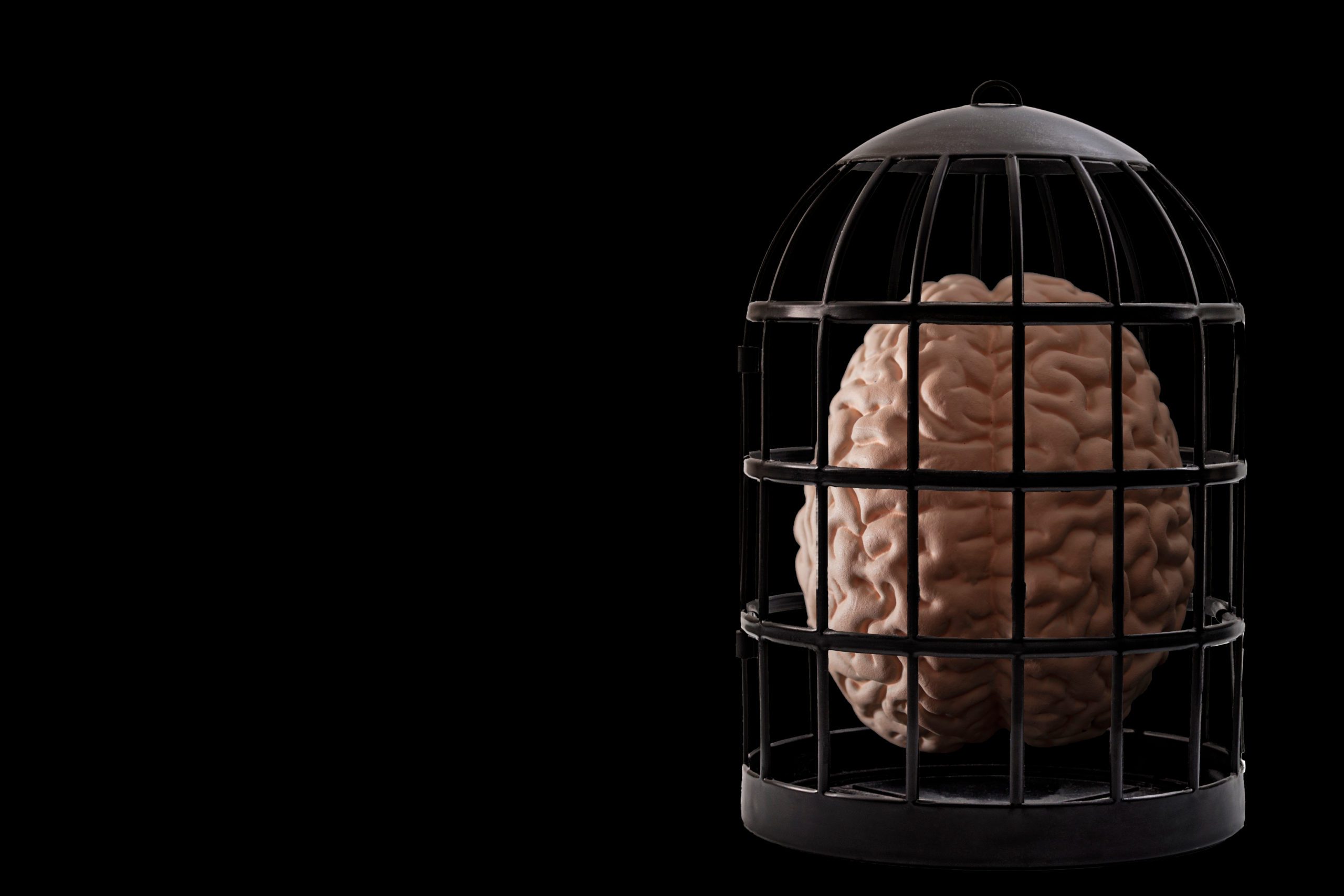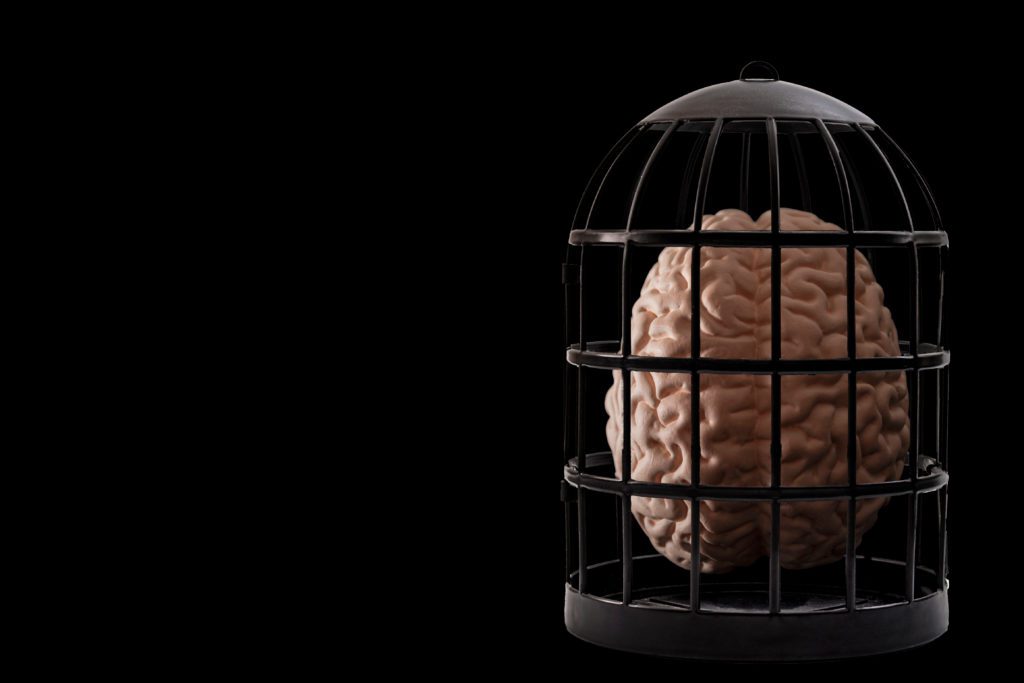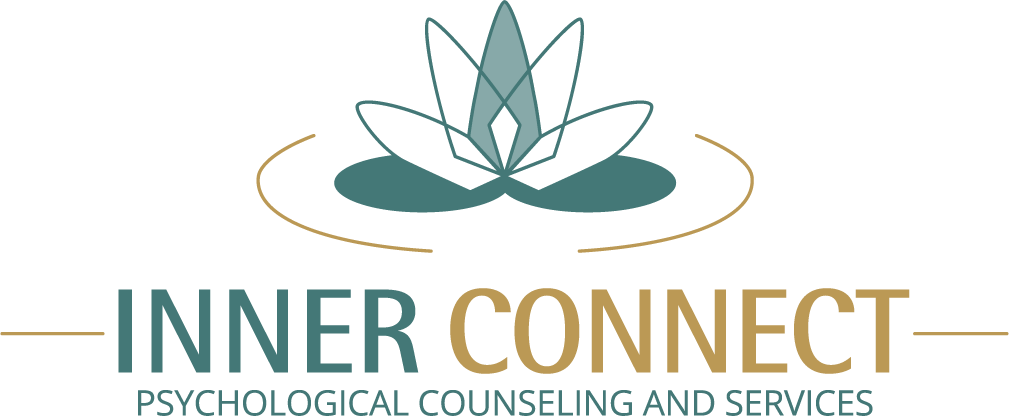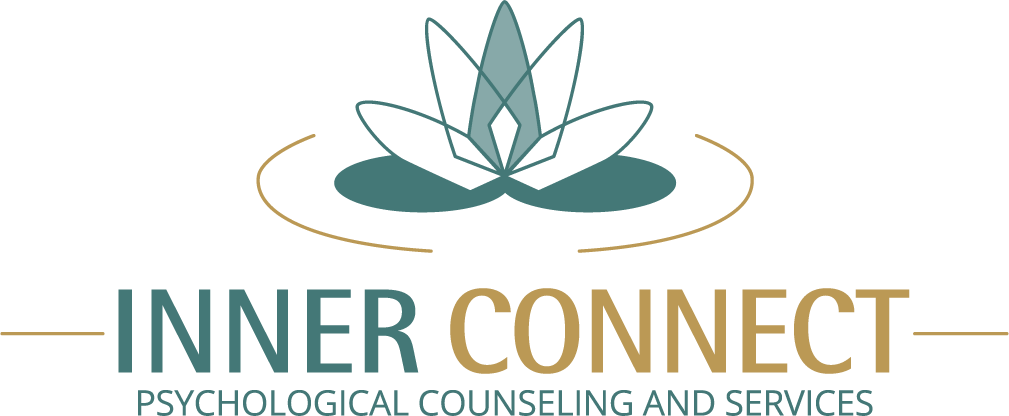
Learned Helplessness
It’s meaning, effects, and the ways to stay away or move away from it

Learning refers to the process of acquiring new information, behaviors, or abilities via experiences such as practice and observation. Changes in your behavior, knowledge, or brain function make learning evident. What can you learn? This is one endless list. You can learn concrete, directly observable skills such as cycling, cooking, drawing, constructing and destroying bridges, and so on. You can learn facts. You can learn that which is rather abstract- to be courageous, to be kind, to be empathetic, to be grateful, to be successful…You can learn to take care of yourself. You can also learn to be helpless. Yes, you read that right. You may not be like, “Hey, I want to learn to be helpless.” Yet, it’s possible to learn to be so.
The term “learned helplessness” was first introduced by psychologists Martin E. P. Seligman and Steven F. Maier in 1967 to characterise the helpless behavior of some dogs- after being exposed to a series of experimental conditions (experiencing electric shocks with no way to escape them), in subsequent trials, these dogs did not try to escape the electric shocks even when there was a way to do so. Further research (with non-human animals and humans) led Seligman and colleagues to extend this concept to humans .
When you perceive an unpleasant outcome as uncontrollable, you tend to resign to the situation, i.e., you feel paralysed and do nothing to alter your situation even when it is quite possible for you to do so. Why? Because your previous learning tells you that no matter what you do, the unpleasant outcome will still happen. Say, you’ve been trying xyz methods to get a promotion for years now. No promotion yet. If learned helplessness has crept in, you let the situation and yourself be as it is. You miss/ ignore/ dispute every opportunity for a change in your favour and in a sense, wait for the expected unpleasant and seemingly uncontrollable event to strike you. This time during the promotion cycle, you do nothing, neither xyz nor abc, because your past experiences have made you believe that no matter what you do, you will not get promoted and you will feel horrible again. So be it
This can sound deceivingly similar to the state of “going with the flow” or “going through the motions” or “whatever has to happen, will happen.”…but there are glaring differences between these states and learned helplessness. While you may do nothing to change your situation for the better even in these states (the element of actual/ perceived uncontrollability and lack of efforts for improvement in one’s situation remains), you still hope for something good, however distant that may seem to be. You are open to experiencing goodness. None of these states assume that the only likely outcome will be negative but in a state of learned helplessness, that’s what you get fixated on. You may also refuse help and/ or stop asking for help from others. Whether the anticipated outcome happens again or not, you are already viewing yourself as a good-for-nothing loser, a failure. Learned helplessness is not unique to adults; the phenomenon has also been observed in children. Early childhood experiences can contribute to its development in later years.
The consequences of learned helplessness are far-reaching and disturbing. It can amount to the onset of and/ or aggravate existing psychological disorders (such as depression, anxiety), and physical illness. For instance, you might stop following (the prescribed or in fact any other constructive) treatment plan if you fail to notice the desired improvement in your condition within a certain time period and doing so might actually worsen your health. You may submit to being abused and continue to be abused by your partner. You stop believing in your ability to grow. It can cause a significant decline in your well-being; almost as if you avoid entertaining the possibility of being well at all. Your thoughts (“Nothing I do will change the outcome for the better”), feelings (sadness, hopelessness, loneliness, frustration, low self-esteem), and behavior (inaction) are affected; it’s difficult to say which one gets impacted first or more severely.
At this point, it is also important to be mindful of the following points:
★ Not all individuals with prolonged exposure to seemingly uncontrollable aversive events develop learned helplessness.
★ Learned helplessness evident in one situation need not necessarily transfer to every other situation in your life.
Many psychologists hold that explanatory styles, i.e., the kind of reasons you give yourself for why a particular positive or negative event took place, play a part in the development and impact of learned helplessness in your life. Early intervention helps; early in two respects- one, soon after someone starts displaying tendencies of learned helplessness and two, before such learning has occurred.
Later research on the biological underpinnings of learned helplessness argued that passive behavior in response to a shock is not the new learned behavior; it is in fact the default reaction to prolonged exposure to an aversive situation. Failure to escape in that case is not because the animal learnt to be helpless. It’s because the animal did not learn to be in control. Subsequent research gives promising (but not conclusive) evidence of the applicability of these findings for humans. We need not wait for a series of seemingly uncontrollable upsetting events to strike us for us to learn what to do next. Teaching life skills and offering psychosocial support (more so from an early age) can help with the development of a realistic+optimistic mindset, thereby learning to take control of our lives in a healthy manner
Psychotherapy can support you as you struggle with a sense of loss of control, demotivation, and passivity. It can enable you to understand the roots of your learned helplessness, unlearn it, and gradually learn to help yourself, bit by bit- at the thought, feeling, and action level. The process may feel unsettling initially but consistent efforts over time can lead you to rewarding results. Seemingly small changes often make the biggest difference. Connect with our therapists to learn to reassess what’s in your circle of control, break free from shackles of helplessness and become the architect of your life.
References:
(n.d.). learning – APA Dictionary of Psychology. Retrieved July 2020, from https://dictionary.apa.org/learning
(n.d.). Helplessness (psychology) | Encyclopedia.com. Retrieved July 2020, from https://www.encyclopedia.com/medicine/psychology/psychology-and-psychiatry/helplessness-psychology
Houston, E. (2020). What Are Attributional and Explanatory Styles in Psychology?. Retrieved July 2020, from https://positivepsychology.com/explanatory-styles-optimism
Maier, S.F., & Seligman, M.E.P. (2016). Learned Helplessness at Fifty: Insights from Neuroscience. Retrieved July 2020, from https://www.ncbi.nlm.nih.gov/pmc/articles/PMC4920136//



